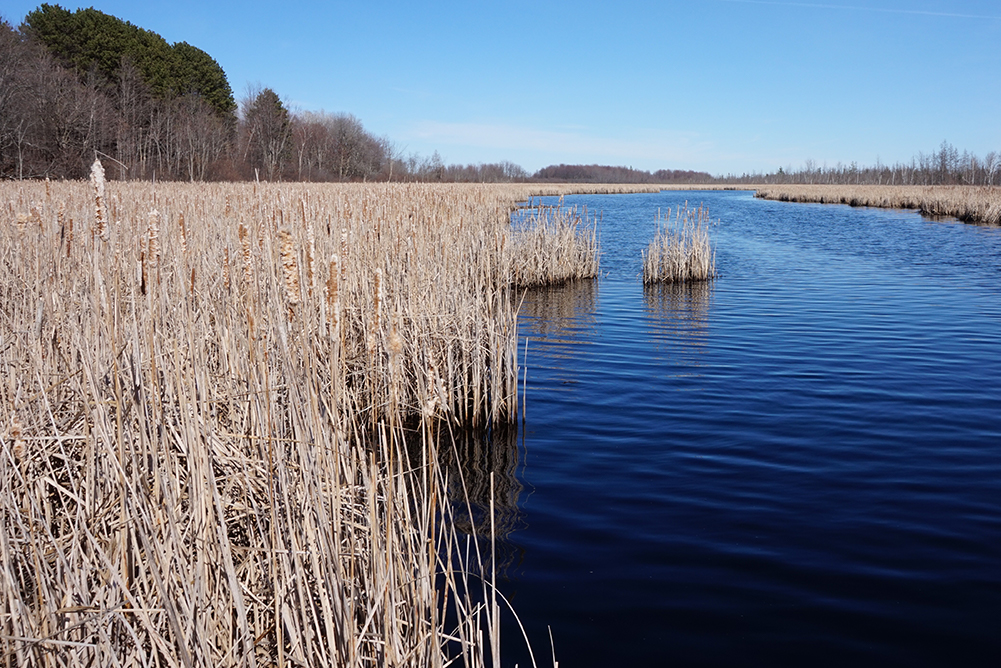Land Use and Ecology
How land is used and how development is managed and serviced in urban areas are of huge significance in the pursuit of environmental sustainability. It is still a common perception that environmental protection or restoration comes at the expense of economic health. But based on a growing wealth of experience, decisions that reduce human impact on the environment very often make sense from economic and social perspectives as well.
Waste, Water & Sewage
Waste management, provision of tap water, and treatment of wastewater (sewage) are three core “environmental services” provided by the City. How the City organizes and delivers these services and how residents use them, can significantly influence their environmental impact.
Transportation
Current transportation systems consume huge amounts of land and resources, fragment habitats, and release pollutants. The transportation sector is Canada’s second largest source of greenhouse gas (GHG) emissions, after oil and gas. In cities, the environmental impacts of transportation are largely defined by how residents commute to work, and how they access services and amenities. These are, in turn, influenced by land use planning and transportation infrastructure.
Energy and Climate
Energy use is the key driver of climate change. Containing the scope and pace of climate change requires major shifts at all levels in how we power our economies, our cities, our transportation systems and our homes. As change is already underway, adaptations to minimize risks to safety, health and infrastructure are also critical.





